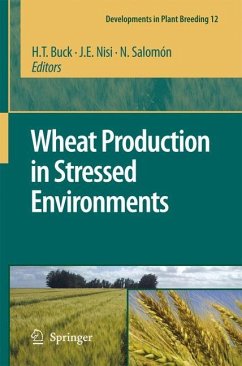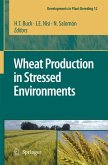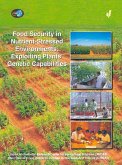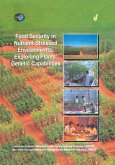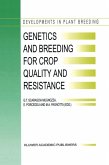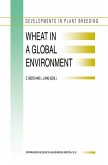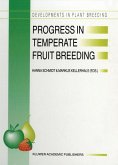Wheat researchers have made unique contributions and excellent progress to the production increase over the past several decades, mainly in the less developed countries; however, there are many challenges that still lie ahead to make food more accessible than ever before in a sustainable manner and to meet the needs of a global growing population. Numerous biotic and abiotic stresses affect wheat in major production areas and its future growth will most likely come from marginal envir- ments where such stresses play even more important role. Developing countries are becoming increasingly urbanized. As urban populations grow, productive land disappears and this implies the need for more intensive cropping to keep pace. Water utilization for agriculture is also facing more competition from uses in urban areas. Focused efforts to improve wheat water-use efficiency are crucial to ensure sustainability of food production in water-constrained regions. Current crop management systems such as reduced or zero tillage, stubble retention and precision agriculture are vital to satisfy the increasing needs of food and maintain at the same time the sustainability of natural resources. The widespread adoption of conservation farming techniques requires the introduction of changes to wheat varieties in disease resistance, particularly stubble-born diseases.
Bitte wählen Sie Ihr Anliegen aus.
Rechnungen
Retourenschein anfordern
Bestellstatus
Storno

